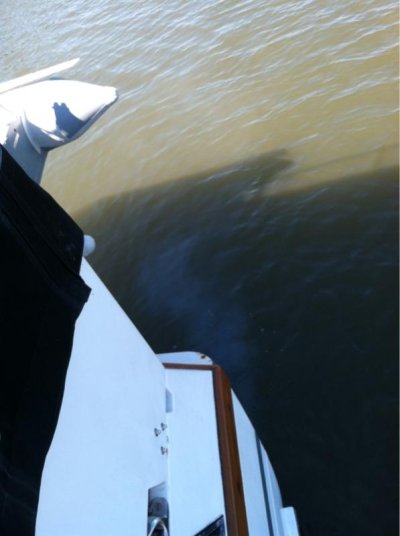Submarine deckhand
Veteran Member
I recently (perhaps foolishly) purchased a boat with twin Lehman 275 turbos...
They smoke a little.
I am in the Chesapeake bay so temperature is a factor with no block heaters.
So ok. A bit of wear... Thicker oil maybe right?
My initial thoughts were to just replace the cheap rotella 15/40 with straight 40 weight for a little less viscosity and possibly less smoke
Is there any sage advice out there before I attempt such madness?
They smoke a little.
I am in the Chesapeake bay so temperature is a factor with no block heaters.
So ok. A bit of wear... Thicker oil maybe right?
My initial thoughts were to just replace the cheap rotella 15/40 with straight 40 weight for a little less viscosity and possibly less smoke
Is there any sage advice out there before I attempt such madness?





